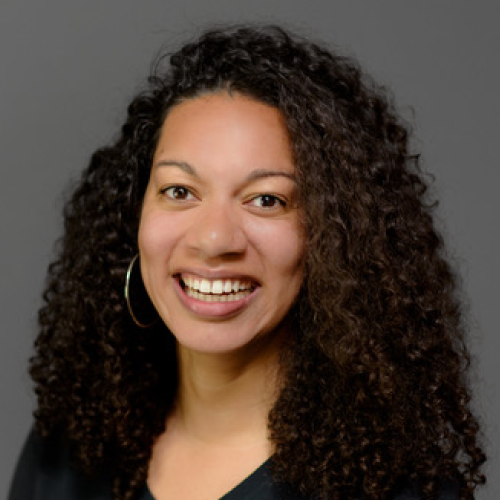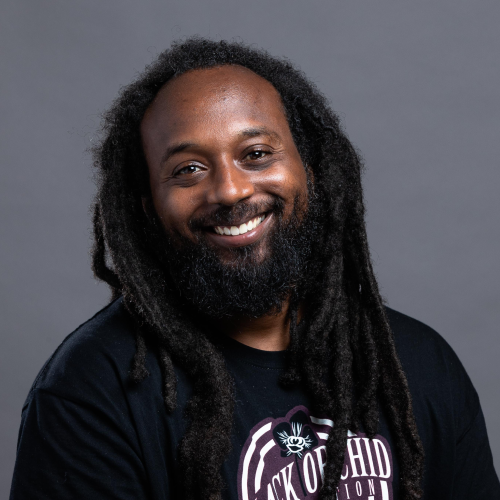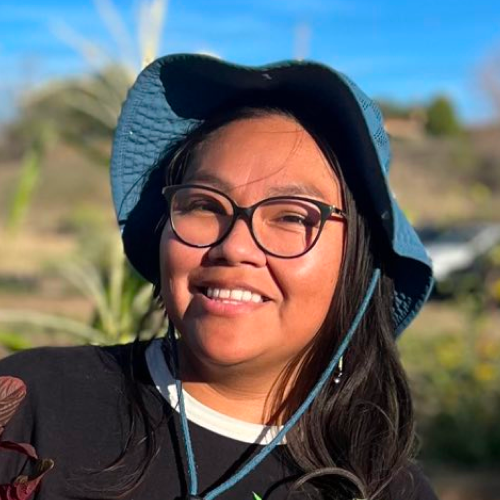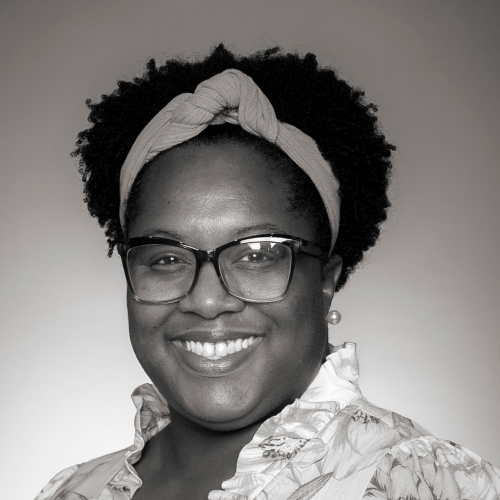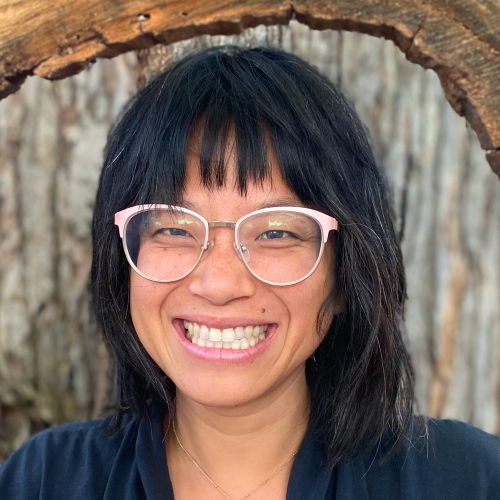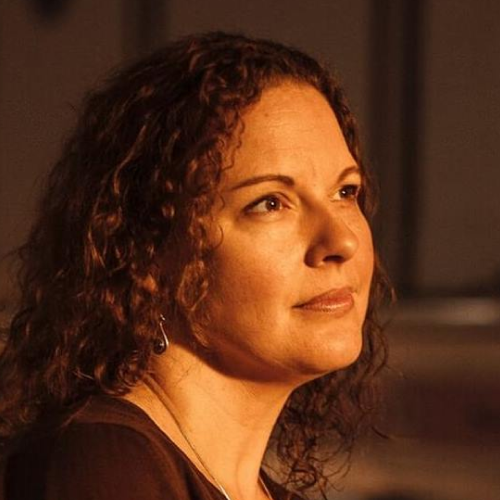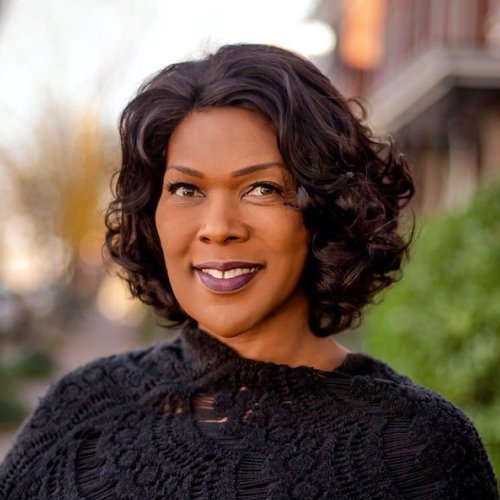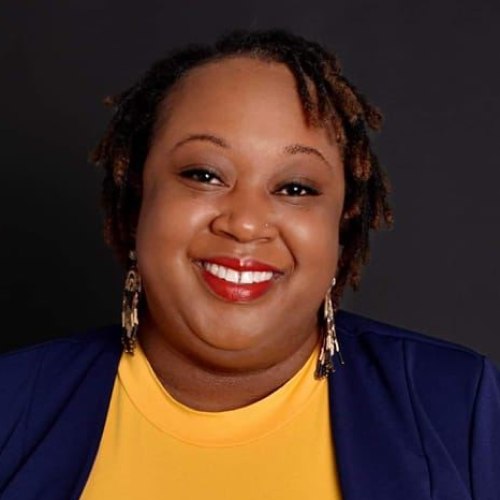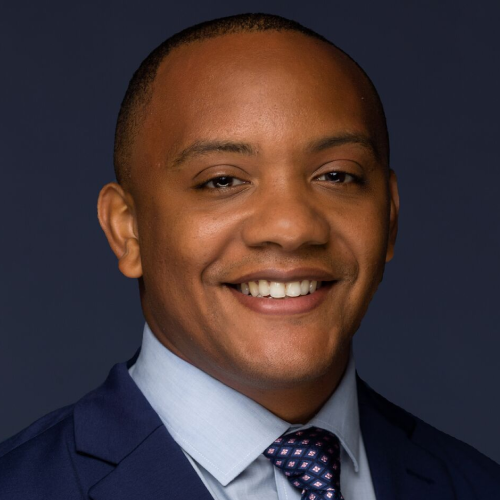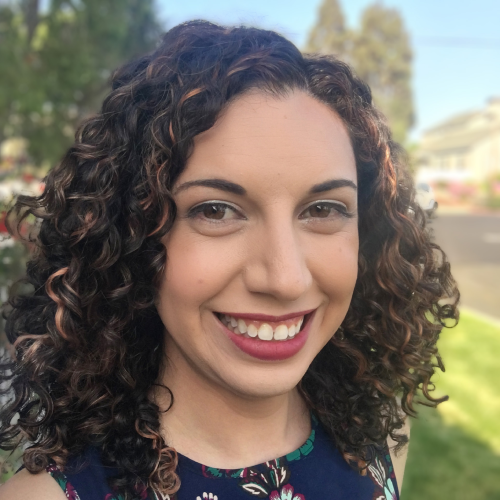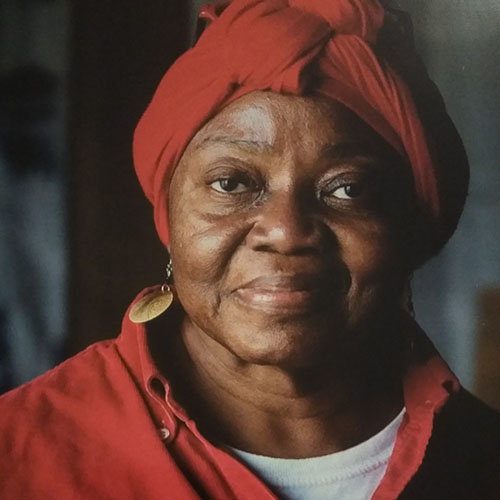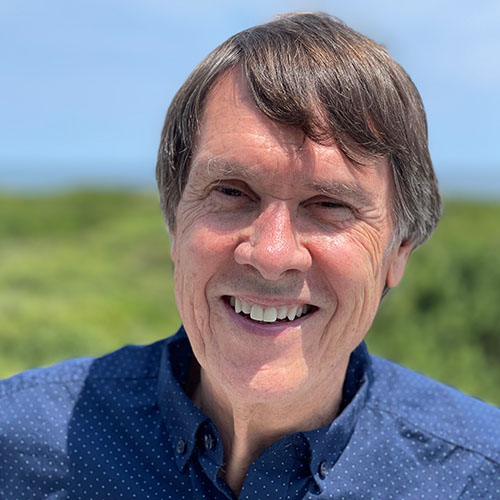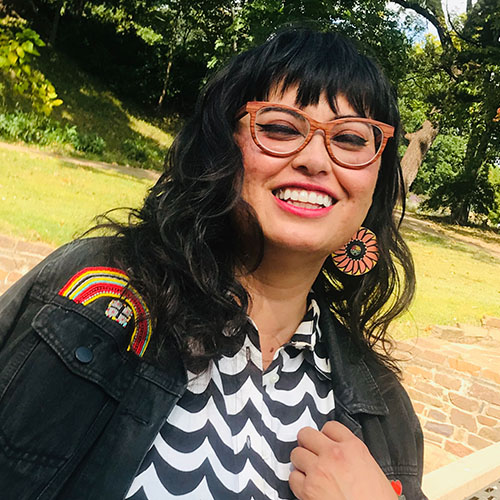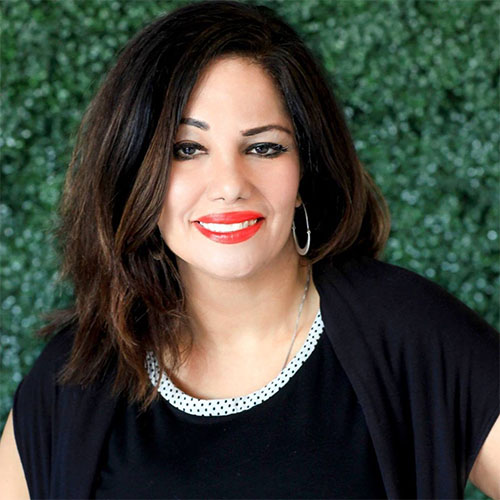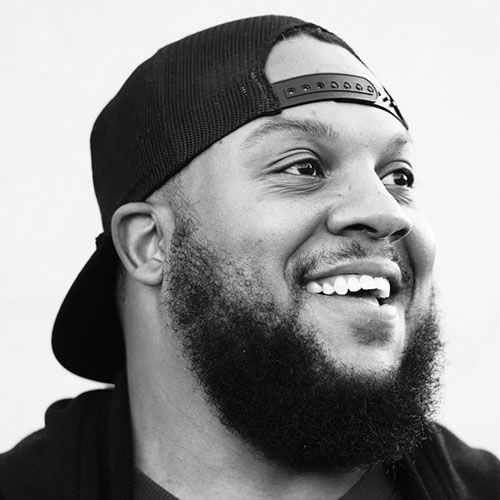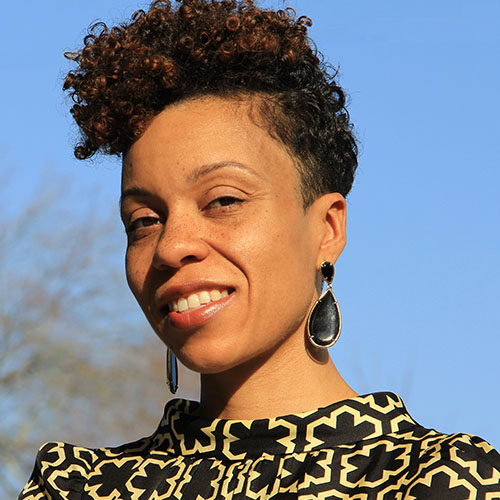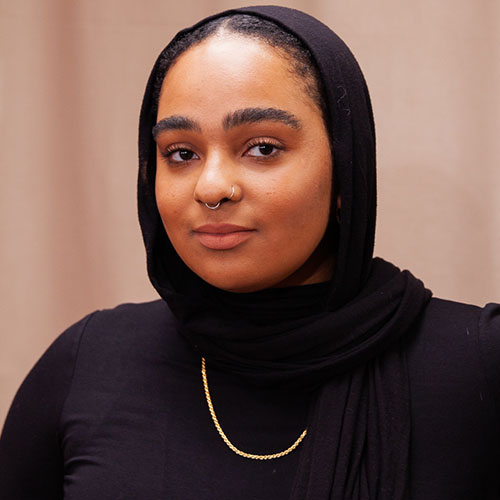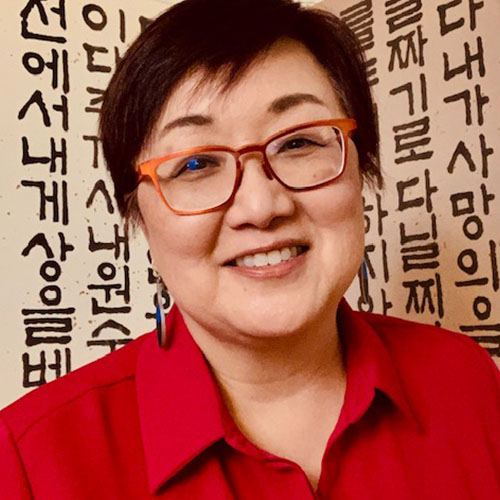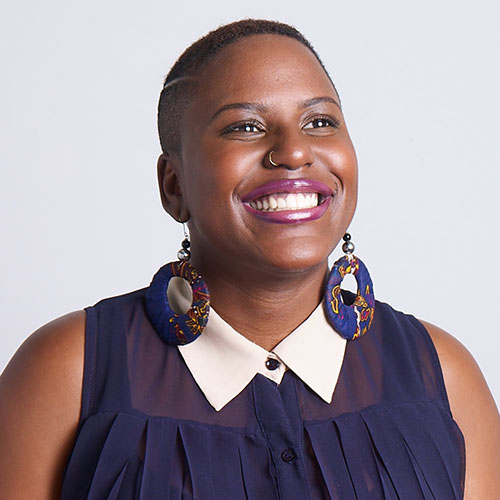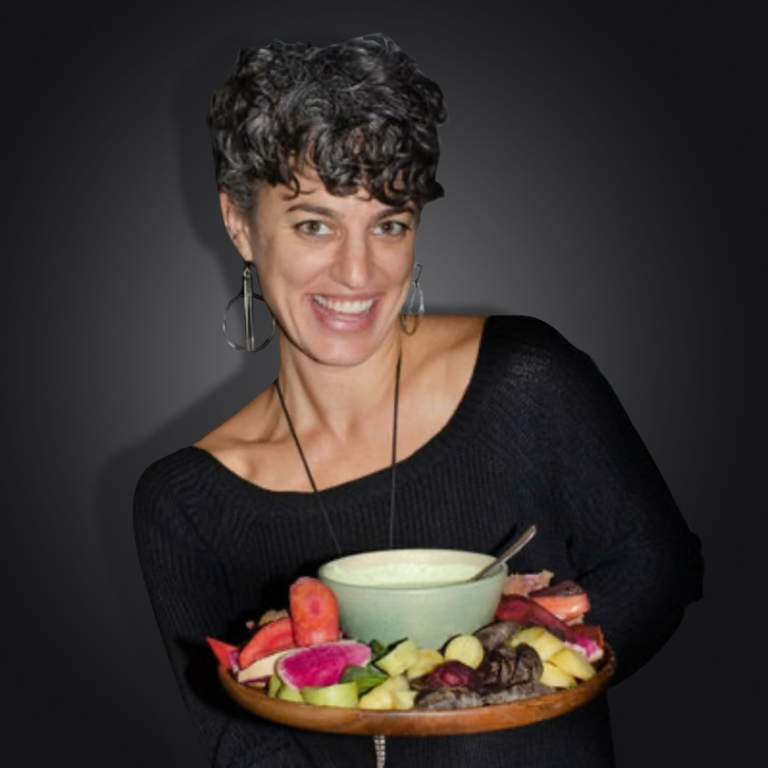On Being’s Social Healing Fellowship accompanies a cohort of leaders whose lives and voices model and inspire wisdom, moral courage, and social creativity in the urgent, yet also generational work of conversation, civilizational reckoning, and social healing.
Driven by a call to nourish, embolden, and accompany the people and projects who are healing our world and tending to common life for this century, On Being’s Social Healing Fellowship began a new cycle in October 2023.
The fellowship brings together a group of leaders who are initiating and fostering social healing efforts in their local communities — with particular attention to addressing deep fractures in our public life. Each fellow’s work fosters social healing through weaving and leveraging relationships, serving as bridge people connecting at the intersections of communities, holding unlikely relationships, and bringing a quality of interaction to their work that gives rise to something bigger.
The year-long experience is designed to serve as a “resource for the resourcers” — connecting fellows to each other as well as to On Being’s communities of insight and practice as a support for sustaining long-term efforts and preparing for future work. There is no application to the program — fellows are nominated by trusted advisors to our project and invited by On Being to participate. Rather than expecting fellows to produce any new projects, the fellowship design emphasizes an experience of restoration and spaciousness intended for reflection, listening, re-visioning, and cross-pollination. The hope is to foster an environment where fellows have opportunities for discernment and renewal alongside a community of geographically diverse peers and cross-disciplinary thought partners, and we invite experienced elders and guests to join these meetings on an occasional basis.
We invite you to meet our fellows through their stories, as they’ve chosen to tell them — as part of this cohort, and at this time in the life of the world:

